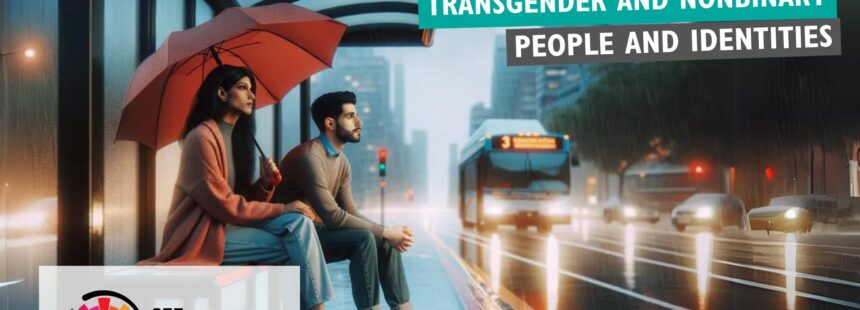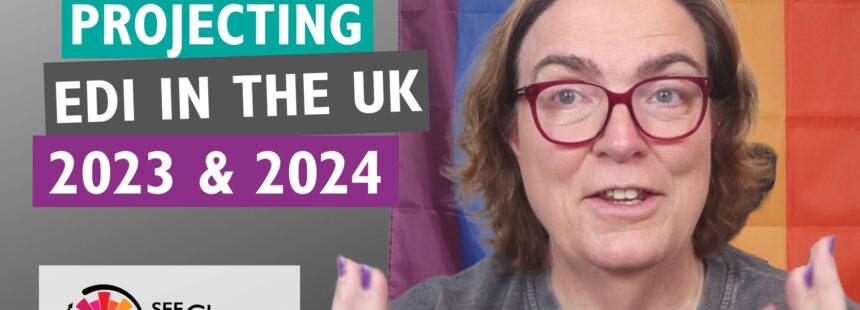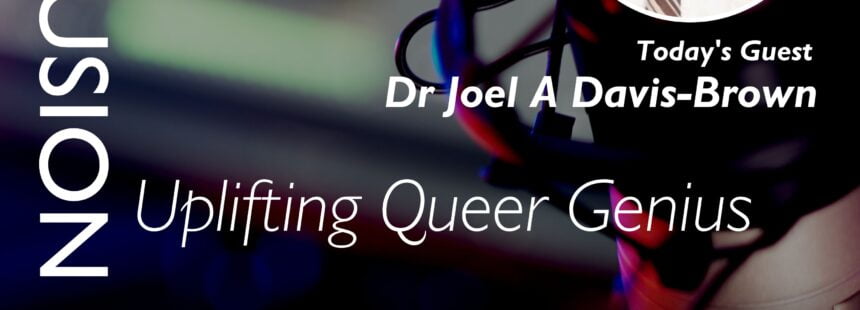The tribunal case between Mr K Lister and New College Swindon accentuates the critical balance between respecting individual beliefs and ensuring fairness and inclusivity within the workplace, offering valuable lessons on the importance of clear, equitable procedures and open dialogue.
Joanne Lockwood highlights the importance of understanding transgender and nonbinary identities in today’s society, emphasising the challenges they face due to societal misunderstanding and discrimination. These challenges include mental health issues, barriers to healthcare, and discrimination in employment and housing.
Striving for Fairness: Navigating Inequities in Business Join Joanne Lockwood and her guest Pamela Permalloo Bass in a thought-provoking conversation about fairness, equity, and the challenges of striving for inclusivity in businesses and organisations, with references…
In this episode, Joanne Lockwood offers a retrospective on the state of Equality, Diversity, and Inclusion (EDI) in the UK in 2023 and projects potential shifts for 2024. She reflects on the challenges faced by the LGBTQ plus and transgender community and emphasizes the crucial role of listening, continuous learning, inclusive leadership, policy advocacy, and personal reflection in shaping a more inclusive future. Joanne's insights provide actionable steps for individuals and organizations to create meaningful change in the landscape of EDI. Tune in to gain valuable perspectives and actionable insights for building a more inclusive world.
Uplifting Queer Genius: Challenging Negative Narratives and Celebrating Queer Contributions Exploring the resilience and creative brilliance of the queer community amidst global challenges of marginalization and discrimination, this episode uplifts the power and genius of queer…
Balancing Two Worlds: Navigating the Complexity of Mixed Identity Exploring the complexities of race, socioeconomic status, and the challenges of being a minority in the workplace, Holly Straker-Humphreys shares her experiences and insights on fostering inclusion…






